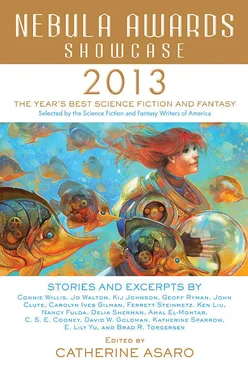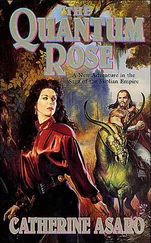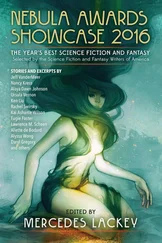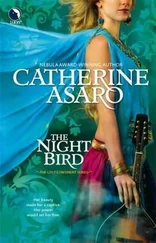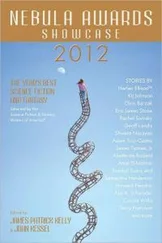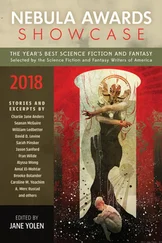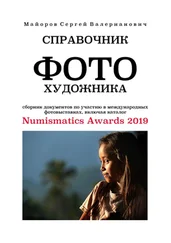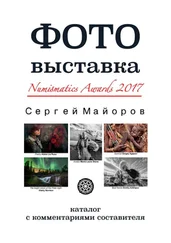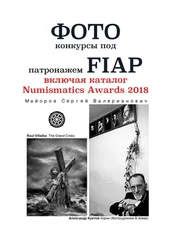But what surprises you the most, what truly astounds you, is that some of the other residents lately have been asking if they can talk with you. Have been asking your opinions about their stuff. As if it matters what you say.
This afternoon you’re sitting at the kitchen table with Irene, stuffing fundraising envelopes. The sun is warm on the back of your neck. Through a screen, birds arpeggiate.
“I’m going to a concert next week,” she says. “Some Canadian folksinger.” She positions a stamp at an envelope’s corner, presses it down with her thumb. “Come with me?”
“Sure,” you say. “Thanks.”
If you lift a fundraising letter from the pile and fold it precisely into thirds, giving the task absolutely all your attention and thinking hard about nothing else at all, go to section 884.
If there’s no way you’re going to let her drag you to that concert, go to section 896.
896
Could be worse, you think, sitting in the darkened room. The guy’s guitar playing is rudimentary, but his lyrics actually make sense. And he’s got an interesting, gravelly voice that he keeps sending out on surprising trajectories. It twists and soars until, sooner or later, it always ends up crashing back home.
Irene is working her usual nonchalance. But you’ve noticed her glancing your way every minute or two. You consider telling her that she can relax, that you’re doing fine. Then you feel the singer’s diminished chord echoed on your left hand’s own phantom fretboard, and you think maybe you’d better wait a bit and see what develops.
Now he’s introducing his next song, explaining that it’s about a man sailing away on a long expedition, leaving the woman he loves to await his return. “Couple months ago,” he says, “a guy came backstage after a show, looking really sad. And he told me how his girlfriend was about to leave for Europe for a year, and so he had to ask me about the traveler in my song: ‘Did he come back?’ And I told him, ‘Of course he came back! This isn’t a blues song!’ He seemed reassured.”
Everybody chuckles. Then, just as he leans forward and is about to start playing, you hear a soft voice.
“Sometimes they don’t come back.”
Two rows behind you sits a woman whose face you can’t quite make out in the darkness. You can’t be sure the comment came from her. But you think it’s Lisa Muroni. Paul’s wife, widow.
If you sink down into your seat and hope that Lisa doesn’t recognize you, go to section 898.
If you sit up and try to pay attention to the singer, figuring that somehow you owe that to Paul, go to section 901.
901
You’re sitting on the curb outside the club, watching cars and pedestrians. Two songs after the break you told Irene that you needed some air, but that she should stay for the final few tunes. After considering you for a few seconds, she nodded.
You’re thinking about people who go away. About the ones who never come back.
And about the ones who do. Even if it takes them a long, long time.
The show lets out. Irene lowers herself to the curb by your side, and helps you watch traffic. She passes you her open can of ginger ale. You take a sip and pass it back.
After a while there are no more pedestrians and not many cars. Irene stands.
“Let’s go back to the House,” she says.
You look up at her.
And ask, “What if I don’t?”
For a few seconds she squints at you.
And then, slowly, she nods. She hands you the empty soda can, as if presenting you an award.
“I guess that would be for you to find out.”
You reach out your left hand and take the can between your thumb and middle finger. The can wobbles in your uncertain grip, catching a glint from a nearby streetlamp. And in that glint, for just a second, your life takes a step back so you can get a really good look.
If you return with her to the House, and over the following days realize that helping other people is something you could learn to be good at—
If tonight’s show has left you wondering whether you could learn to play guitar left-handed or maybe pick up some different instrument, or take voice lessons, because you’re realizing that during these past couple years a lot of new songs have been growing in you—
If you think that maybe you should get back together with some of your oldest friends, maybe even look up that lover of four, no, six years ago—
If you think that it’s time, finally, to forget your old life and hitchhike out to Minneapolis, say, or Seattle, and find a job, maybe take some classes (starting, you think, with philosophy)—
You lower the soda can to the ground.
And you choose.
CLUB STORY
essay
John Clute
from The Encyclopedia of Science Fiction: Third Edition (2011–), sf-encyclopedia.com
It was way more than simply gratifying to stand beside Octavia Butler, in one of the goodly as-if worlds we make, and to receive a Solstice Award this year; and I’m very happy consequently to supply a sample of my stuff at Catherine Asaro’s invitation. However. The problem with most of the nonfiction I’ve done is that most of it is in the form of reviews, which get republished elsewhere and which are in any case not entirely right for this context. The problem with most of my nonreview nonfiction pieces is that they are either too narrowly focused, or too long, to belong here—in any case most of the general pieces I’d want to preserve have already been packed into a collection Beccon Publications put out last year, Pardon This Intrusion: Fantastika in the World Storm . And the problem with taking something from The Encyclopedia of Science Fiction , versions of which have taken much of my time for the last 35 years, was that most of what I write there is entries: not quite the thing. But I thought a bit, and realized there were a few, extended entries like Edisonade or Hitler Wins , that might fit. In the end I selected Club Story , an entry (and a tool for describing genre) that has seemed to get bigger (and with more to describe) almost daily.
So before it gets too long, here it is, modestly tampered with for readability outside its initiating context. What I’ve done is mainly remove hyperlink indications from the text. You can assume that any author without birth/death data immediately appended has a linked-to entry in the SFE, and that capitalized words or terms, like Time Opera, link to entries. I’ve also drastically simplified the ascription practice for citing titles and their dates. The piece is divided into two parts. Part Two is where I get punch-drunk. Thanks for your patience.
Club Story
1.Assemblages of tales told within an enabling frame-story to a group of companions in a sheltered venue were not always known as club stories, a term of nineteenth-century provenance that does not, perhaps, very adequately encompass the implications of the Decameron ( circa 1372) by Giovanni Boccaccio (1313–1375), or the Canterbury Tales (written before 1400) by Geoffrey Chaucer ( circa 1343–1400). Only in hindsight, moreover, does the term do much to expand upon our knowledge of the colloquium format used by Sir Thomas More to disengage the presentation of Utopia ( 1516) from any fixed register of seriousness or advocacy. It may, however, be applied very cautiously to the actual proceedings of the Scriblerus Club (founded 1712, disbanded 1745), of which Jonathan Swift (almost all of whose work was distanced through the use of satirical masks) was a founding member; and to suggest the nature of occasional publications as by Martin Scriblerus, mostly written by John Arbuthnot (1667–1735). But Club Story is still a term of only tangential utility until recent centuries—even though there is clearly a thin line of connection between the Platonic colloquium and imaginary nineteenth-century gatherings—when it surfaces through, for instance, the specific homage paid by Robert Louis Stevenon in the title of his New Arabian Nights ( 1882), and its successor, More New Arabian Nights: The Dynamiter ( 1885) with Fanny Van de Grift Stevenson (1840–1914), perhaps the first collection in English fully to express the ambience of the nineteenth-century form. The familiar club story—such as Charles Dickens adumbrated in Master Humphrey’s Clock ( 1840–1841), and Edgar Allan Poe, though with only one auditor, clearly exploited in “A Descent into the Maelström” (May 1841 Graham’s Lady’s and Gentleman’s Magazine ), and which Stevenson and those he influenced brought to maturity—is a far cry from the great assemblages of European medieval material from which culture-founding creators like Boccaccio and Chaucer took their inspiration. Nor does the modern club story normally refract complex Eastern models—from the fifth-century Pañchatantra to the multi-sourced Arabian Nights themselves—in which a frame-story figure like Scheherazade recounts a series of tales under orders; European examples of this category do not seem very common, though The Pentamerone ( 1634–1636) by Giambattista Basile ( circa 1575–1632) roughly fits the model. Any focus on these culture-creating world-encompassing story assemblages makes it clear that the range of implications held within the term club story cannot be addressed by taking the nineteenth-century model as a template. To describe the form as a tall tale told by one man to other men in a sanctum restricted to those of similar class and outlook, who agree to believe in the story for their mutual comfort, and who themselves may (or may not) tell a tale in turn, is to submit to a particularly narrow understanding of a very broad and deep tradition. But the term itself remains useful.
Читать дальше
